AAAL 2026 Chicago: Pre-Conference Workshops
AAAL 2026 Chicago is pleased to provide three pre-conference workshops.
Date & Time: Friday, March 20, 2025 - 9:00 am - 4:00 pm CT
Location: University of Illinois, Chicago campus (rooms TBD)
Please note that the pre-conference workshops run concurrently, so please only register for one workshop.
Transforming Language Teacher Education Research/Practice Through Vygotskian Sociocultural Theory
Paula Golombek (University of Florida) & Jacob Rieker (Pennsylvania State University)
Future-Proofing Your Findings Through Registration: An Open Research Workshop
Kara Morgan Short (University of Illinois, Chicago) Bronson Hui (University of Maryland, College Park), Ali H. Al-Hoorie (Saudi TESOL Association), & Amanda Huensch (University of Pittsburgh)
Research in Action: Conducting Useful Language Program Evaluations
Matt Coss (University of Alabama), Claudia Fernández (University of Illinois, Chicago), & Koenraad Van Gorp (Michigan State University)
Transforming Language Teacher Education Research/Practice Through Vygotskian Sociocultural Theory
Paula Golombek (University of Florida) & Jacob Rieker (Pennsylvania State University)
Workshop Abstract
While the field of language teacher education (LTE) research has extensively documented the numerous personal, pedagogical, and institutional challenges that language teachers grapple with, we contend that LTE has reached a critical juncture. Namely, do we continue with the status quo in the face of increasing skepticism of the value and impact of teacher education, or do we radically transform the how, the why, and to what ends we are engaging in LTE pedagogy and research?
The workshop is grounded in Johnson, Golombek, & Rieker’s (2025) tripartite frame of (1) innovation, (2) intentionality, and (3) intervention, which offers a VSCT conceptual framework for LTE pedagogy/research. Participants will use these three concepts to reconsider (and possibly transform) what they do in their LTE practices, how they study teacher development, and why their role as L2 teacher educators matters. In the first part of the workshop, we will define and illustrate key concepts of VSCT through several studies across a range of instructional and teacher educational contexts that embody this praxis-based approach, so participants can grapple with the concepts and begin to envision how they might adopt these principles in their own LTE contexts. In the second part, participants will be grouped according to common LTE practices (e.g., reflective journals, stimulated recalls) and tasked with (re)imagining the quality and character of these practices in line with a VSCT praxis-oriented stance. In the last part, partners and small groups, having (re)imagined a particular LTE practice, will then collaboratively design a concrete plan (ideal) for how they might carry out a research study investigating this practice through the frames of innovation, intentionality, and intervention. By the end of the workshop, we hope that all participants will be able to articulate explicitly how they can design and enact an intentional and transformative PD innovation.
Workshop Presenters
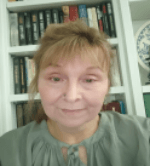
Dr. Paula Golombek is Clinical Professor of Linguistics at the University of Florida, where she developed the Undergraduate TESL Certificate Program, the context for her praxis-based approach to language teacher development. This work and scholarship as a language teacher educator, grounded in Vygotskian Sociocultural Theory, centers on the nature and influence of mediation on language teacher professional development within their learning-to-teach experience. Paula’s scholarship has been has published in numerous venues such as The Modern Language Journal and TESOL Quarterly, and she has co-edited or written several books such as Mindful L2 Teacher Education: A Sociocultural Perspective on Cultivating Teachers’ Professional Development co authored with Karen E. Johnson (2016). She is co-editor, with Karen Johnson and Jacob Rieker (2025), of Transformative L2 Teacher Education Innovations: Insights from Vygotskian Sociocultural Theory (Routledge).
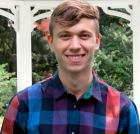
Dr. Jacob Rieker is Assistant Research Professor and Researcher in English for Specific Purposes and English as a Medium of Instruction in the Department of Applied Linguistics and English for Professional Purposes Intercultural Center (EPPIC) at The Pennsylvania State University, USA. His research engages Vygotskian Sociocultural Theory primarily in the contexts of language teacher education and English-medium instruction to both document and promote teacher and faculty development. His publications have appeared in venues including Second Language Teacher Education, TESL-EJ, Research Methods in Applied Linguistics, Journal of English-Medium Instruction, and Advances in Health Sciences Education. He is co editor, with Karen Johnson and Paula Golombek, of a recently released 2025 book, Transformative L2 Teacher Education Innovations: Insights from Vygotskian Sociocultural Theory (Routledge).
Future-Proofing Your Findings Through Registration: An Open Research Workshop
Kara Morgan Short (University of Illinois, Chicago) Bronson Hui (University of Maryland, College Park), Ali H. Al-Hoorie (Saudi TESOL Association), & Amanda Huensch (University of Pittsburgh)
Workshop Abstract
Following a replication crisis in neighboring fields, where research findings cannot always be reproduced when a study is repeated, applied linguists have further emphasized research transparency and reproducibility, countering systemic pressures within academia that can incentivize practices that compromise research quality and credibility (Al-Hoorie et al., 2024; Liu et al., 2023). Preregistration and Registered Reports (RRs) represent one set of powerful tools for researchers to mediate their own researcher degrees of freedom that can inadvertently be exercised in ways that hinder the validity of their research (Huensch, 2024; Simmons et al., 2021). Preregistration involves specifying a detailed research plan (including hypotheses, methods, and analysis strategies) and archiving it in a public registry before data collection or analysis begins. This practice increases transparency and clearly distinguishes pre-planned confirmatory analyses from exploratory findings. Registered Reports extend this principle into a formal publication pathway, where the research protocol undergoes peer review prior to the study, and journals grant in-principle acceptance (IPA) based on the importance of the research question and the quality of the methodology, irrespective of the eventual outcomes (see e.g., Marsden et al., 2018; Nosek & Lakens, 2018).
In this workshop, we will first cover the theoretical rationale for preregistration and Registered Reports, their benefits for the field and the researcher, as well as researchers’ concerns about the practice. Using authentic published examples along with available templates and resources, we will then engage attendees in workshop activities to develop a preregistration based on their own planned work, for submission on the Open Science Framework (OSF). We will also take participants through the steps of writing a Registered Report for journals in applied linguistics for which Registered Reports are an available article type. Attendees with a research plan will leave with a preregistration document as well as an outline for a Stage 1 Registered Reports manuscript, including introduction, research questions, and methods. Whether working from an incipient or developed research idea, all participants will gain understanding of the core principles and the practical skills needed to implement these crucial open science practices in their own work, ultimately strengthening their research and career trajectories.
References
Al-Hoorie, A., Cinaglia, C., Hiver, P., Huensch, A., Isbell, D., Leung, C., & Sudina, E. (2024). Open science: Considerations and issues for TESOL Research. TESOL Quarterly, 58, 537-556. https://doi.org/10.1002/tesq.3304
Huensch, A. (2024). Open science and preregistration. In L. Plonsky (Ed.), Open science in applied linguistics (pp. 132-147). Applied Linguistics Press.
Liu, M., Chong, S. W., Marsden, E., McManus, K., Morgan-Short, K., Al-Hoorie, A. H., Plonsky, L., Bolibaugh, C., Hiver, P., Winke, P., Huensch, A., & Hui, B. (2023). Open scholarship in applied linguistics: What, why, and how. Language Teaching, 56, 432-437. https://doi.org/10.1017/S0261444822000349
Marsden, E., Morgan-Short, K., Thompson, S., & Abugaber, D. (2018). Self-labelled replication in second language research: Narrative and systematic reviews, and recommendations for the field. Language Learning, 68, 321-391. https://doi.org/10.1111/lang.12286
Nosek, B. A., & Lakens, D. (2014). Registered reports: A method to increase the credibility of published results. Social Psychology, 45, 137–141.
Simmons, J., Nelson, L. D., & Simonsohn, U. (2021). Pre‐registration: Why and how. Journal of Consumer Psychology, 31, 151–162.
Workshop Presenters
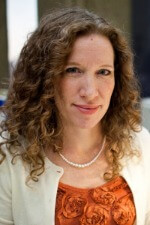 Kara Morgan-Short (Ph.D., Georgetown University) is Professor at the University of Illinois Chicago and Interim Head of the Department of Hispanic and Italian Studies. She also holds a joint appointment in the Department of Psychology. Kara directs the Cognition of Second Language Acquisition Laboratory and investigates the linguistic and cognitive processes underlying adult language learning using behavioral and electrophysiological approaches. Further, her research explores how these processes are moderated by individual differences in memory and by learning context. Results of her work have been published in such journals as Language Learning, Studies in Second Language Acquisition, Bilingualism: Language and Cognition, and Journal of Cognitive Neuroscience. Kara has previously served as Associate Editor for Language Learning and currently serves as the co-editor of Language Learning’s Cognitive Neuroscience Series and on various editorial boards. Kara’s work with students has earned her awards for teaching and mentoring undergraduate and graduate students.
Kara Morgan-Short (Ph.D., Georgetown University) is Professor at the University of Illinois Chicago and Interim Head of the Department of Hispanic and Italian Studies. She also holds a joint appointment in the Department of Psychology. Kara directs the Cognition of Second Language Acquisition Laboratory and investigates the linguistic and cognitive processes underlying adult language learning using behavioral and electrophysiological approaches. Further, her research explores how these processes are moderated by individual differences in memory and by learning context. Results of her work have been published in such journals as Language Learning, Studies in Second Language Acquisition, Bilingualism: Language and Cognition, and Journal of Cognitive Neuroscience. Kara has previously served as Associate Editor for Language Learning and currently serves as the co-editor of Language Learning’s Cognitive Neuroscience Series and on various editorial boards. Kara’s work with students has earned her awards for teaching and mentoring undergraduate and graduate students.
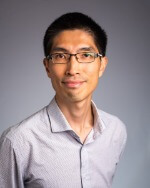 Bronson Hui (Ph.D., Michigan State) is assistant professor of second language acquisition at the University of Maryland. He teaches and carries out research in areas such as instructed SLA, vocabulary learning and teaching, and quantitative research methods. His work has appeared in journals such as Language Learning, Studies in Second Language Acquisition, The Modern Language Journal, and so on. He serves on the editorial board of Studies in Second Language Acquisition, TESOL Quarterly, and Language Learning & Technology. He is an (co)author of three registered reports with Language Learning. He also routinely preregisters his empirical research.
Bronson Hui (Ph.D., Michigan State) is assistant professor of second language acquisition at the University of Maryland. He teaches and carries out research in areas such as instructed SLA, vocabulary learning and teaching, and quantitative research methods. His work has appeared in journals such as Language Learning, Studies in Second Language Acquisition, The Modern Language Journal, and so on. He serves on the editorial board of Studies in Second Language Acquisition, TESOL Quarterly, and Language Learning & Technology. He is an (co)author of three registered reports with Language Learning. He also routinely preregisters his empirical research.
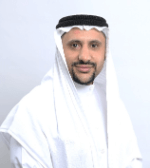 Ali H. Al-Hoorie (Saudi TESOL Association) is an Associate Professor of English Language. He completed his PhD in English Language at the University of Nottingham under the supervision of Professors Zoltán Dörnyei and Norbert Schmitt. He also holds an MA in Social Science Data Analysis from Essex University. His research interests include motivation theory, research methodology, and complexity. He is the co-Editor of The Modern Language Journal.
Ali H. Al-Hoorie (Saudi TESOL Association) is an Associate Professor of English Language. He completed his PhD in English Language at the University of Nottingham under the supervision of Professors Zoltán Dörnyei and Norbert Schmitt. He also holds an MA in Social Science Data Analysis from Essex University. His research interests include motivation theory, research methodology, and complexity. He is the co-Editor of The Modern Language Journal.
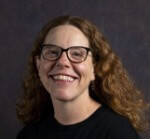 Amanda Huensch (PhD University of Illinois) is Associate Professor of linguistics at the University of Pittsburgh where she teaches courses on second language acquisition, pronunciation pedagogy, and phonetics. Her research examines second language pronunciation development in and outside of the classroom, including the relationship between speech perception and production, fluency development during study abroad, and intelligibility, accentedness, and comprehensibility in second language Spanish. She currently serves as Associate Editor for Open Science for Applied Psycholinguistics where she was Associate Editor from 2019-2024 and sits on the editorial boards of Studies in Second Language Acquisition and the Journal of Second Language Pronunciation. She is coauthor of a registered report with Language Learning that won the IRIS Replication Award and has authored a chapter on preregistration in the edited volume Open Science in Applied Linguistics.
Amanda Huensch (PhD University of Illinois) is Associate Professor of linguistics at the University of Pittsburgh where she teaches courses on second language acquisition, pronunciation pedagogy, and phonetics. Her research examines second language pronunciation development in and outside of the classroom, including the relationship between speech perception and production, fluency development during study abroad, and intelligibility, accentedness, and comprehensibility in second language Spanish. She currently serves as Associate Editor for Open Science for Applied Psycholinguistics where she was Associate Editor from 2019-2024 and sits on the editorial boards of Studies in Second Language Acquisition and the Journal of Second Language Pronunciation. She is coauthor of a registered report with Language Learning that won the IRIS Replication Award and has authored a chapter on preregistration in the edited volume Open Science in Applied Linguistics.
Research in Action: Conducting Useful Language Program Evaluations
Matt Coss (University of Alabama), Claudia Fernández (University of Illinois, Chicago), & Koenraad Van Gorp (Michigan State University)
Workshop Abstract
Language program evaluation encompasses a wide range of methodological approaches and tools for addressing questions that matter to both theory and practice (Norris, 2025). This workshop adopts a hands-on format to build participants’ conceptual understanding and prepare them to plan and conduct meaningful evaluations (e.g., Davis & McKay, 2018; Montee & Di Silvio, 2025; Norris et al., 2009).
In the first part, we will explore foundational concepts such as identifying primary users and affected stakeholders, selecting evaluation indicators, and balancing research rigor with practical constraints. In the second part, participants will work through guided simulations—drawn from the facilitators’ experience with language teaching, teacher education, and assessment programs—to apply these concepts to a variety of real-world contexts. We will conclude with an overview of additional resources to support continued learning and application beyond the workshop.
Workshop Presenters
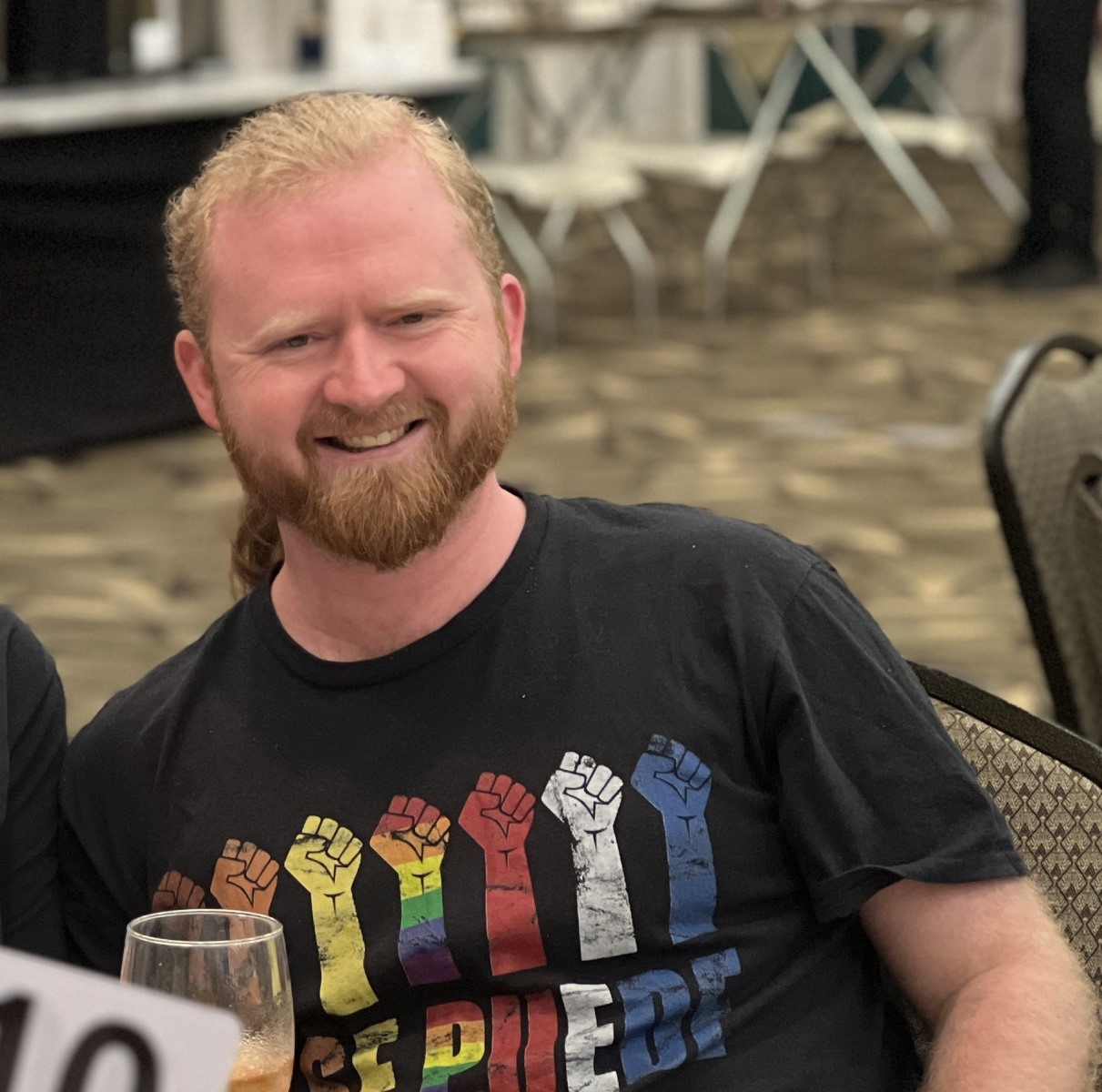
Matt Coss (Ph.D. Michigan State University) is Assistant Professor of Applied Linguistics and Language Assessment Coordinator in the Department of Modern Languages and Classics at the University of Alabama (USA). His research focuses on the relationship between additional language learning research and practice, with particular focus on (task-based) language leaching and assessment, language program design and evaluation, and language teacher education. He serves as the co-convener of Collective Wisdom (ACTFL’s The Language Educator) and oo-section-editor of Language Awareness’ Focus on Practice.
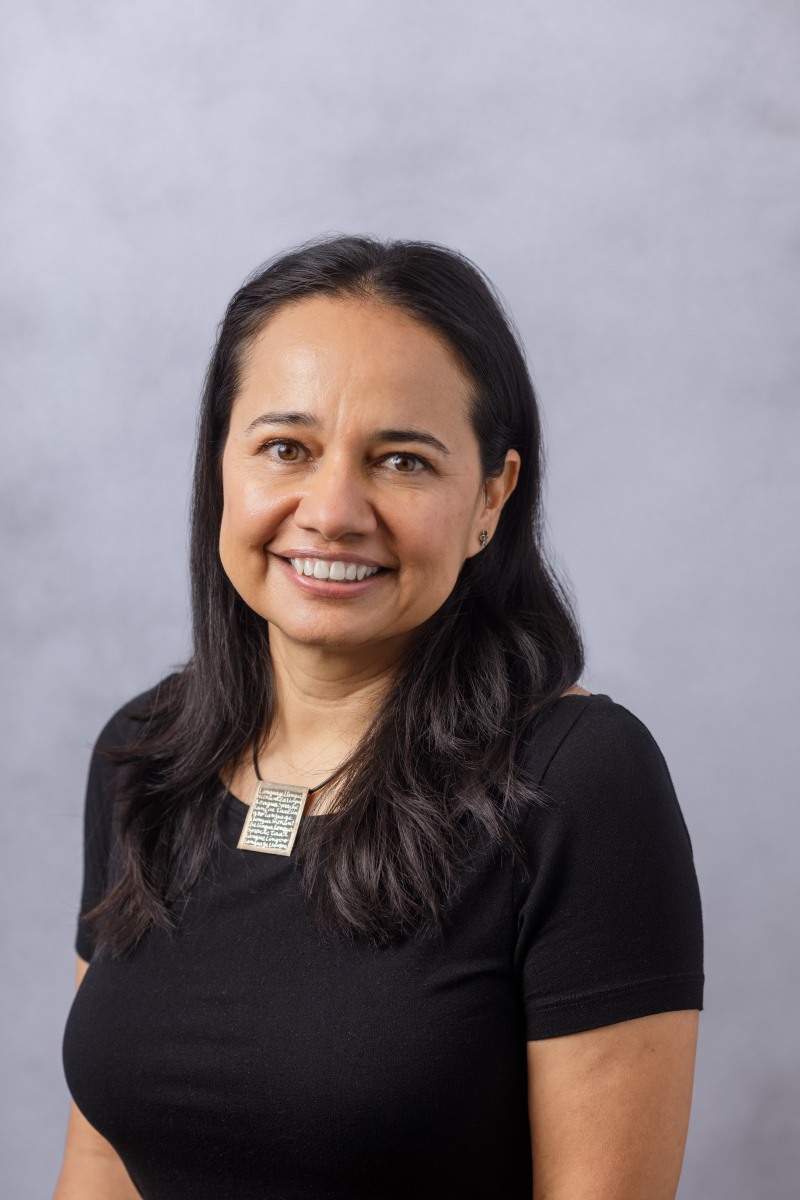
Claudia R. Fernández (Ph.D. University of Illinois-Chicago) is Clinical Associate Professor at the University of Illinois-Chicago where she also directs the Spanish Basic Language Program under a task-based curriculum. Her academic interests focused on how languages are learned in the classroom, on task-based language teaching, materials research, and processing instruction. She regularly presents at national and international conferences and gives talks, webinars and workshops in language teaching and learning. She currently serves as a member of the Executive Council of the AATSP Chicago Area Chapter and as Ordinary Member of the Executive Committee of the International Association of Task-Based Language Teaching. She was one of the fellows of the UIC Action Research Program in 2023-24, and the recipient of the UIC Teaching Recognition Program Award for Excellence in Teaching in 2023.
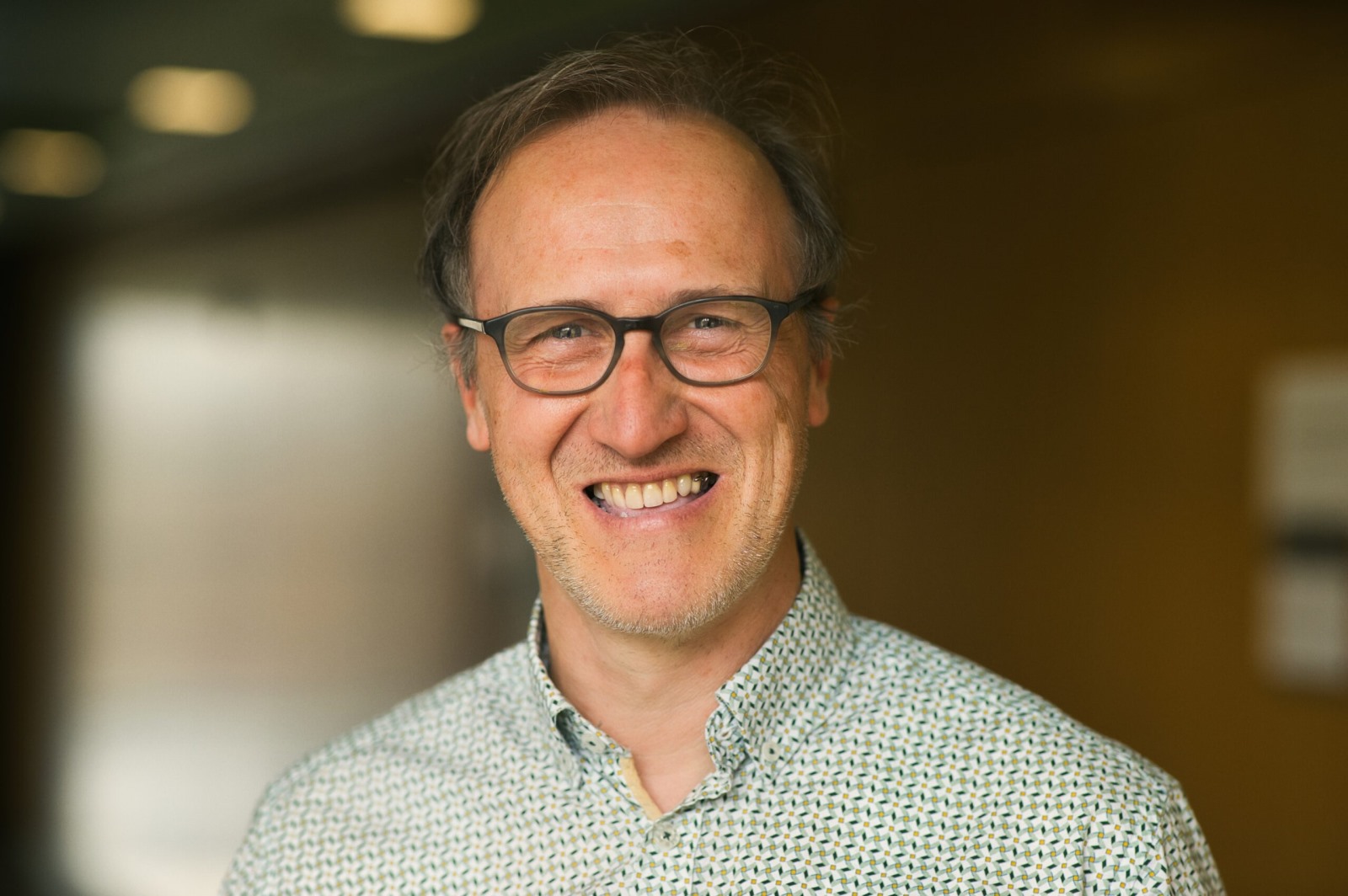
Koen Van Gorp (PhD, KU Leuven) is Assistant Professor of Applied Linguistics in the Department of Linguistics, Languages, and Cultures at Michigan State University. He is Co-Principal Investigator and Head of Research for the National LCTL Research Center (NLRC), a U.S. Department of Education/Title VI-funded National Language Resource Center, and serves as a Research Fellow for the Centre for Language and Education (KU Leuven, Belgium). His research interests are task-based language teaching and assessment, language-in-education policy, and critical multilingual awareness. He is founding Co-Editor (together with Kris Van den Branden) of TASK: Journal on task-Based Language Teaching and Learning.
